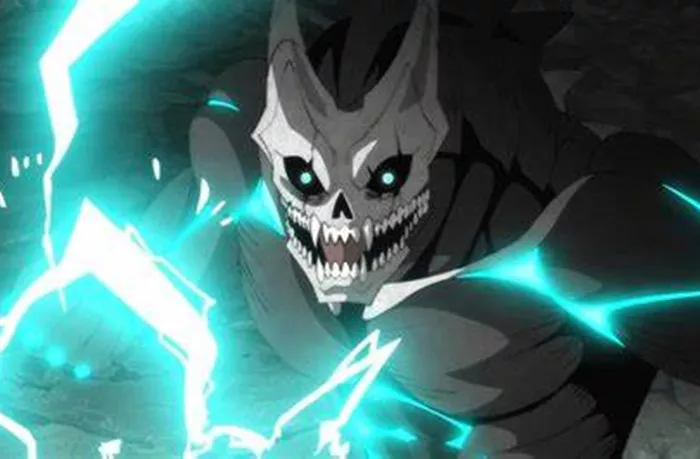The anime Kaiju No. 8 emerges as a groundbreaking series, challenging traditional tropes through its portrayal of male characters who exhibit empathy and emotional depth. Central to this narrative is Kafka Hibino, an unconventional protagonist whose middle-aged realism and comedic failures resonate with viewers. Unlike typical underdog heroes, Kafka grapples with feelings of inadequacy, often using his knowledge of Kaiju anatomy to contribute meaningfully to his team without relying solely on newfound powers.
The series also explores rivalries within the Defense Force, highlighting friendships that flourish instead of fostering jealousy. Characters like Reno Ichikawa and Vice Captain Hoshino exemplify loyalty and support, promoting a model of sportsmanship that values personal growth over competition. This sense of camaraderie is reinforced by a theme of trust, as characters frequently depend on one another, rejecting the savior mentality often seen in action narratives.
Kaiju No. 8 further disrupts stereotypes through its depiction of father-daughter relationships, notably General Shinomiya, who, contrary to expectations, emerges as a caring figure. Meanwhile, the antagonist, Kaiju No. 9, embodies toxic masculinity, contrasting sharply with the show’s positive portrayals of male characters. Overall, Kaiju No. 8 stands out for its innovative approach, celebrating a refreshing vision of masculinity and emotional strength in the anime landscape.
Related Topics
How Much Is Gol D Roger’s Bounty?
How Much Is Sogeking’s Bounty?


